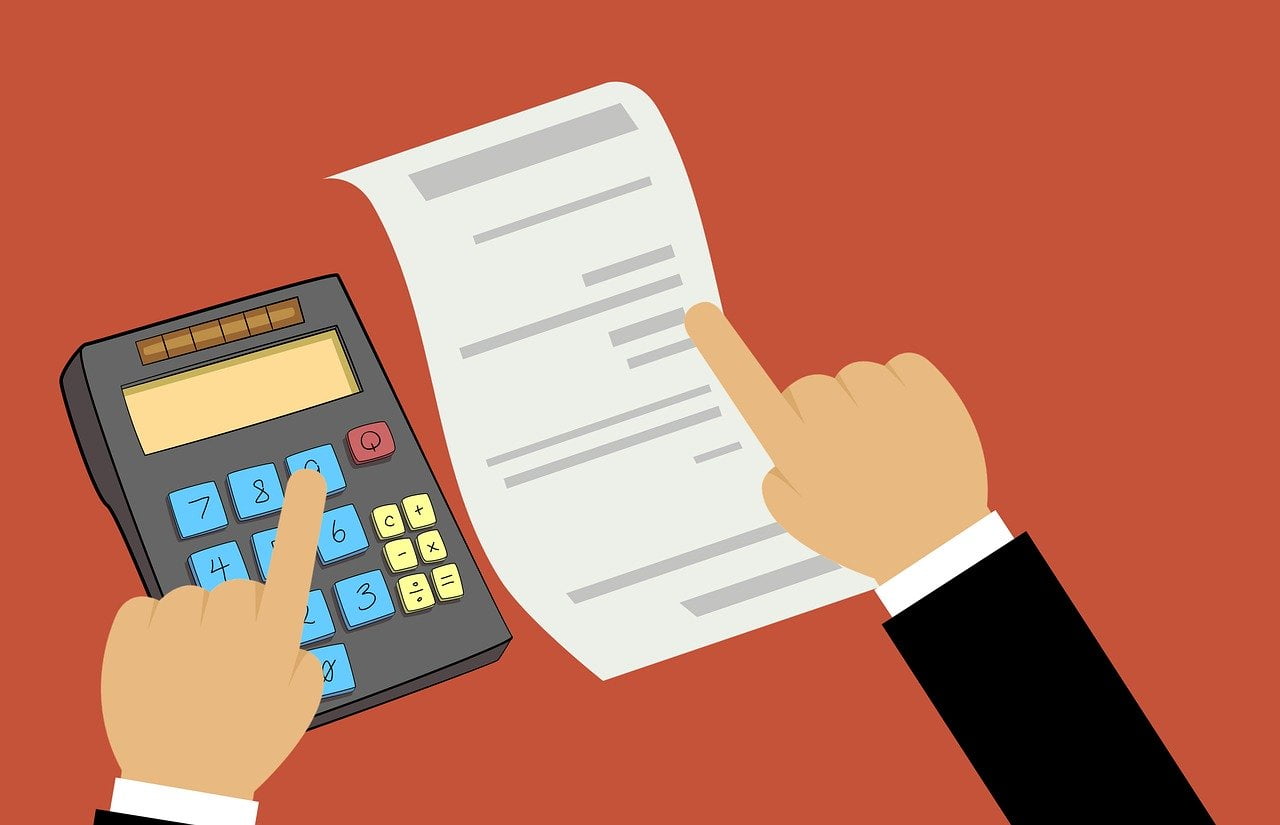Over just the last twelve months the federal government has spent more than six trillion dollars in a massive effort to ameliorate the devastating effects of the COVID pandemic. While no serious person would suggest that the U.S. Treasury should pay for this without borrowing additional money, we do need to ask how much we should raise taxes to help defray the cost.
Q4 2020 hedge fund letters, conferences and more
Increase In Wealth Tax
Given the Democrats’ tiny majorities in both houses of Congress, there appear to be a few possible ways to substantially increase tax revenues in the coming months. Each will raise the taxes paid by the rich, the near-rich, and our large corporations.
As you’ll remember, the massive tax cut passed by Congress at the behest of President Donald Trump in December 2017, lowered corporate income tax rates as well as the personal income taxes of the rich and near-rich by over $200 billion a year. We can now recoup most of these tax losses if we rescind the income tax cuts for the well-to-do and raise the maximum corporate income tax rate from twenty-one percent to perhaps twenty-five or twenty-six percent.
Next, let’s consider a wealth tax such as the one proposed by Massachusetts Democratic Senator Elizabeth Warren. This would impose an annual tax of two percent on the wealth held by billionaires and many multi-millionaires. One problem is that most of these folks would not be completely forthcoming about their actual total wealth. But the Internal Revenue Service could use the Forbes 400 annual list of our richest billionaires as a starting point, and use other private sources for those worth of somewhat less than the Forbes cutoff of $3.2 billion.
You may be thinking: Is all this fair to the rich? Well, are the rich paying their fair share of taxes? According to a 2019 study by the IRS, while 95 percent of all wage income is reported, each year well over one trillion dollars in business income goes unreported, resulting in an annual tax under-payment of about $600 billion. Most of this lost tax revenue could be recouped if the IRS were allotted the money to hire tens of thousands of additional tax examiners.
That’s enough of our “soak-the-rich” schemes. Let’s focus now on one other potential sources of tax dollars -- a tax on financial transactions. Several Democratic senators have proposed a tax of anywhere from one-tenth to five-tenths of a percent of the value of the purchase or sale of publicly traded stocks and bonds. If the tax rate were one-tenth of one percent, then if you bought a $10,000 bond, you would pay a ten-dollar transaction tax. The Congressional Budget Office has estimated that such a tax could raise tens of billions of dollars a year, depending on how high the tax rates are set.
Now that our economy appears to be well on the road to recovery from the extremely deep recession we suffered last year, we need to make major repayments of the vast debt we incurred in preventing a completely devastating depression. To do this equitably, we must call upon the rich to begin paying their fair share.





